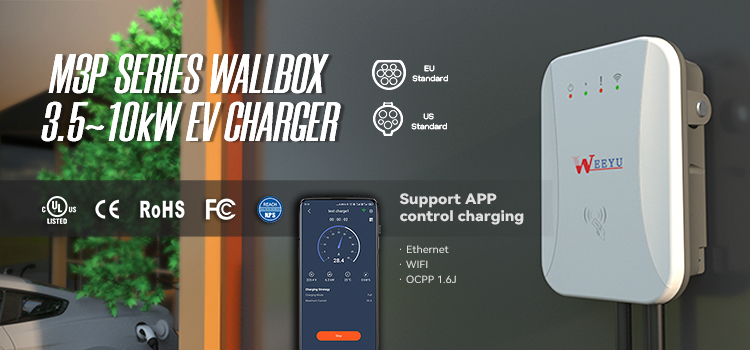South Korean automaker Hyundai announced plans on Thursday to adopt electric vehicle giant Tesla’s charging standards, making it the latest in a series of automakers, including Ford, General Motors, Honda and Polestar, to give its drivers access to Tesla’s growing supercharger network as EV competition surges.
Hyundai will adopt Tesla's charging ports for its electric vehicles. Charging Station Manufacturers

Hyundai said it will equip its EVs with Tesla’s so-called North American Charging Standard (NACS) starting late next year, with COO Jose Muñoz saying the partnership will give drivers “confidence in their ability to conveniently charge their vehicles” at roughly 30,000 North American charging stations, as EV makers continue to expand charging networks—a limiting factor for long-distance drives.
Shares of Hyundai shot up 4% Thursday morning to roughly $39.
Honda’s fleet of electric vehicles will also be equipped with Tesla’s charging ports starting in 2025, the Japanese automaker said in a statement last month, saying its EVs made until that point will be equipped with a traditional Combined Charging System port, though in the meantime, drivers can use Tesla’s network of North American chargers using an adaptor.
Mercedes-Benz EV drivers will also be able to charge their vehicles at more than 12,000 of Tesla’s North American charging stations using an adapter starting next year, while Mercedes-Benz EVs manufactured starting in 2025 will be equipped with a charging port to match Tesla’s chargers, the German automaker announced in July.
Volkswagen announced plans to adopt Tesla’s charging ports, board member Michael Steiner said in July, though details about a potential partnership between Tesla and Volkswagen, the maker of Audi, Bentley Bugatti and Porsche have not been released.
In June, Swedish automaker Polestar agreed to equip its EVs with charging ports that match the ones used in Tesla vehicles starting in 2025, while drivers will be able to access the chargers next year by using an adapter.
Polestar’s announcement gives drivers access to Tesla’s so-called supercharger network in the U.S. and Canada, and comes just over a week after Rivian, an Irvine, California-based electric truck and SUV manufacturer, announced drivers will be able to use Tesla’s charging stations in the U.S. and Canada starting next spring.
Volvo, which owns a minority stake in Polestar and whose stated goal is to produce a fully electric fleet by 2030, announced a similar agreement with Tesla in June, giving XC40 or C40 Recharge EV owners access to Tesla charging stations through the use of an adapter starting in the first half of 2024—future Volvo owner with a NACS charger will still be able to use a standard Combined Charging System (CCS) charging station with an adapter.
Tesla also opened its charging network to Ford and GM, while Toyota revealed plans earlier this summer for a new generation of EVs as it looks to stay competitive.
3,500. That’s how many fast chargers Tesla rival Rivian is working to install at 600 North American sites in its so-called Rivian Adventure Network, providing drivers with 140 miles in roughly 20 minutes. The electric truck maker is also partnering with Tesla to give its drivers access to Tesla’s charging ports starting next year and has plans to ultimately build more than 10,000 high-power level-two chargers around the U.S. and Canada.
Toyota—which led the hybrid craze with its Prius but was slow to embrace EVs—unveiled its next generation of EVs in June, sending its stock to an 11-month high. Tesla owner and world’s richest man Elon Musk has in recent weeks also opened the EV giant’s charging network to Ford and GM. Tesla’s stocks have climbed more than 138% since the start of the year.
Tesla Will Add General Motors To Charging Network—Nearly Two Weeks After Giving Ford Access To EV Charging Stations (Forbes)

Ev Car Charger Manufacturers Toyota Stock Soars To 11-Month High As Automaker Unveils Next- Generation Of Electric Vehicles (Forbes)